Several weeks ago I wrote a piece on the subtle risks of low oil prices for airlines. Those risks revolve around the potential for a breakdown in discipline amongst airline managers, and just as importantly, a rise in unrealistic expectations and demands from labor groups. Without question, the next few quarters, perhaps all of 2015 and some time beyond promise to be a time of profits the likes of which the airline industry has not previously known.
While I never believed oil would rise indefinitely, I never thought we’d see oil less than $60 a barrel again. However, this is where we are. I’m not qualified to explain things like crack spreads, refining costs, and how oil prices translate into what airlines pay for a gallon of fuel other than to say recent reductions in oil price will ultimately flow through to the bottom line. A one cent drop in fuel price paid per gallon translates into millions of cost reduction for an airline. Further, lower prices for auto fuels are like a tax decrease on consumers. With more money in their pockets, there is more to spend on other things, perhaps even an airline ticket.
I think Delta’s published practice of comparing their financial performance to other industrial companies and not just airlines is laudable. I have never believed that airline companies limping along from payroll to payroll in a market flooded with seats was a good thing. However, the next year to 18 months will tell a very important story about whether airlines really have moved to a new paradigm. Both management and labor will need to control their emotions and natural tendencies. Managements will need to keep capacity in check, resisting the urge to get back into market share battles financed by lower oil prices. Labor will need to recognize that the current oil price environment is temporary. Prices will rise again, and profits will be negatively impacted. The economy will slow down again. Expectations will need to be managed. In other words, everyone will need to keep greed in check. Watch this closely….could get interesting. Look no further than Dallas/Fort Worth.
-MJ, December 17, 2014
$ Image courtesy of Creative Commons, by Panapp, licensed under CC BY 2.0

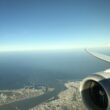


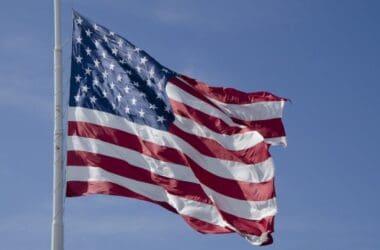
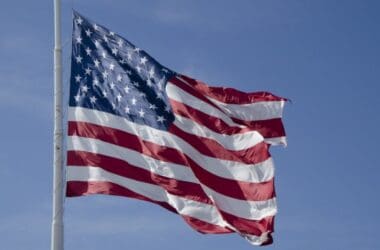

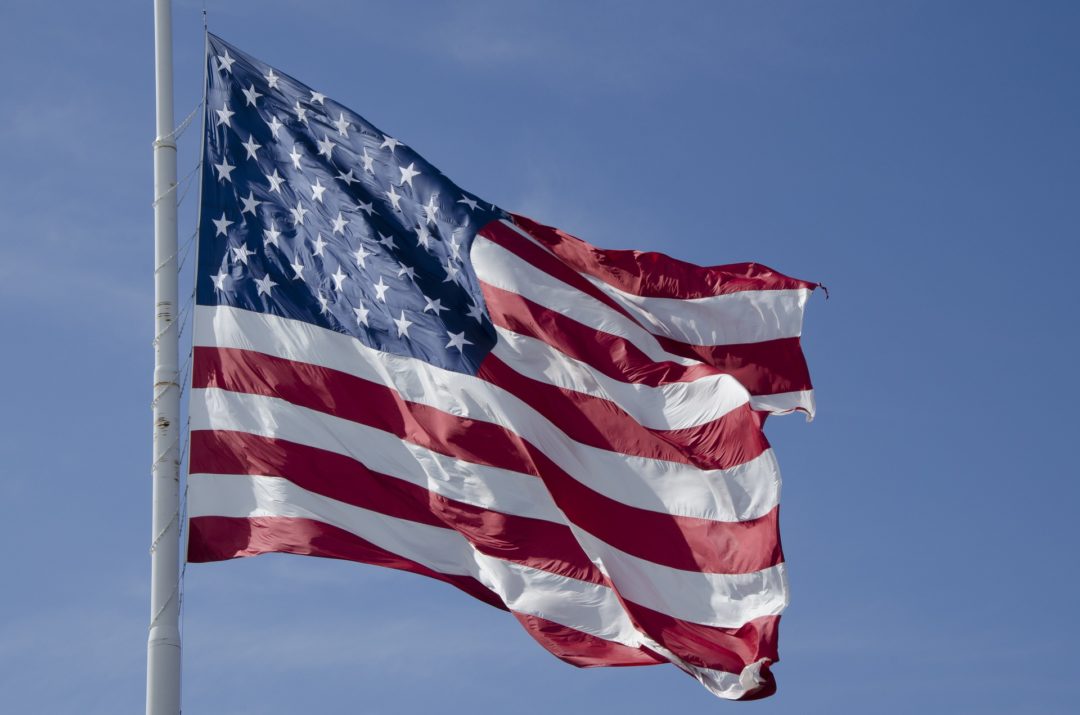
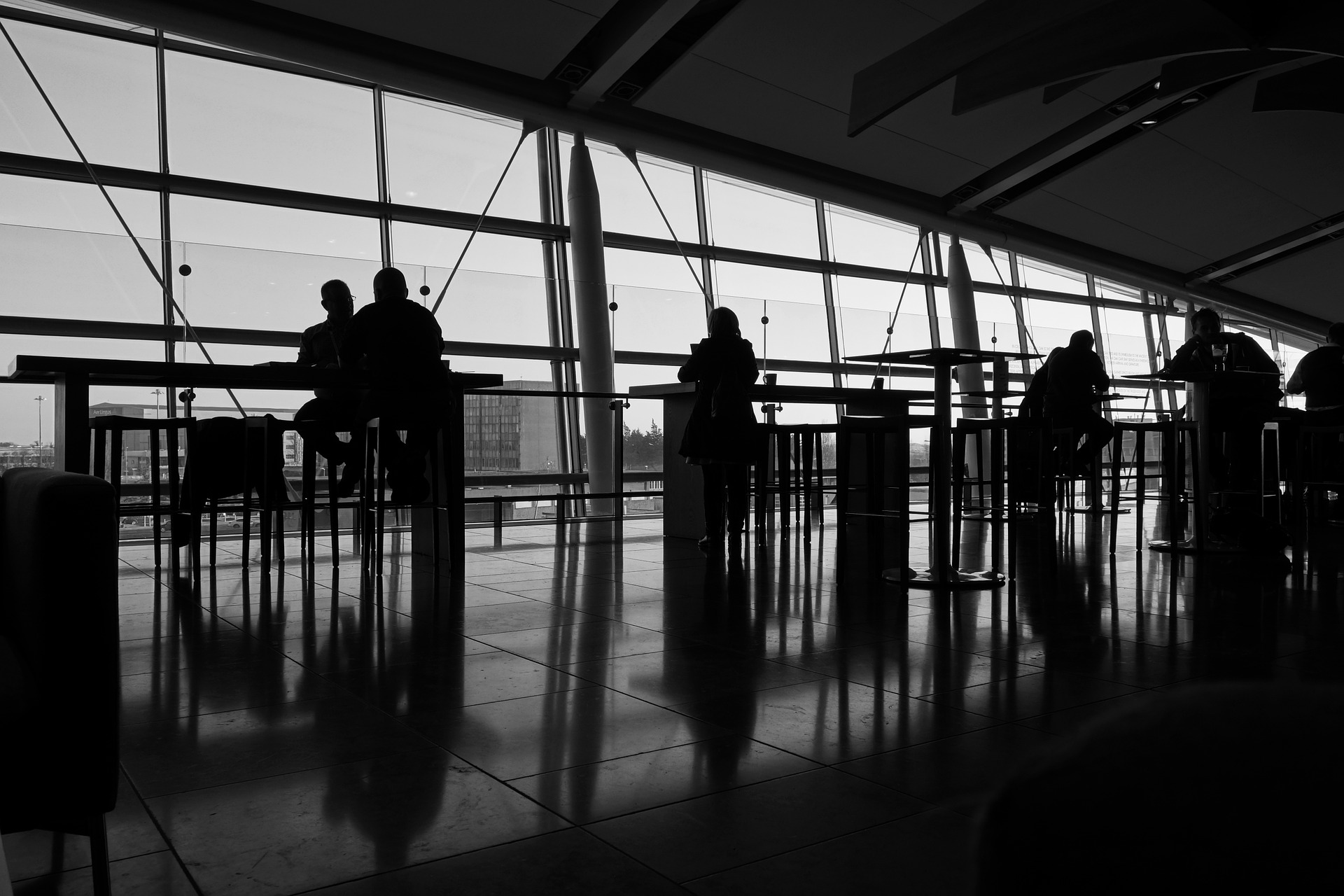
My understanding is that Delta will not see the benefits of this until 2016 due to hedging.
@MJ – They’re not public utilities, they’re publicly TRADED (their stocks are traded at the NYSE).
Brian,
Exactly!
If airlines are a public utility, they should be regulated as such.
-MJ, 2014
@Nick – Again, how is an airline keeping profits it earned an indication of a monopoly?
“But with falling gas prices I think that if fares don’t fall it’s a the clearest indication yet that there is not enough competition.”
Less competition is indicative of an oligopoly (NOT an monopoly – two different things). And the amount of profit an airline (or any other business) makes is not automatically tied into how much competition there is.
“There seems to be misperceptions that these companies don’t exist to provide transportation to the general public.”
That’s because they don’t. Publicly traded companies exist to give shareholders a return on their investment. For any publicly traded company, that’s going to be priority number 1. And they give their shareholders returns by making profits.
“now the governement probably needs to intervene again.”
Yeah, that’ll work well. Let’s have the government set artificial profit limits just because we think those greedy capitalists are making too much money! Can you think of any other countries that have had systems like that?
Of course each individual company wants to maximize it’s profit. But with falling gas prices I think that if fares don’t fall it’s a the clearest indication yet that there is not enough competition. There are all the other indicators like devaluing FF programs etc. There seems to be misperceptions that these companies don’t exist to provide transportation to the general public. If transportation gets too expensive it’s against the national interest. The governement allowed them to merge creating this uncompetitive environment and now the governement probably needs to intervene again.
@Nick – No, it’s not. How is a company keeping profits that it’s earned an indication of a monopoly?
@Brian,
Airlines somehow bring out emotions other industries do not. 🙂
They should be passing on the saving to their customers, a failure to do so is indicative of monopolistic behavior and require government intervention to increase competition, either breaking up the mega-airlines or reallocating slots to LCC’s etc.
I should probably go do some research on this, and will tonight. That said, I have to wonder how much less (in the near term) airlines are actually paying per gallon of jet fuel in an environment where many of them hedge against price fluctuations. That’s just one downside of hedging, I suppose.
The other piece of this is that it could turn into a good demonstration of why I think “fuel surcharges” are a bad way to do things in the long run, even if it is a more efficient way to raise ticket prices outside of the normal fare filing process. Fares are higher because demand is higher and supply is tight. Really doesn’t matter all that much at this point what fuel is pricing at.
Next time coffee bean prices drop, I’ll see if I can remember to watch how much Starbucks charges for a cup and whether or not it changes.